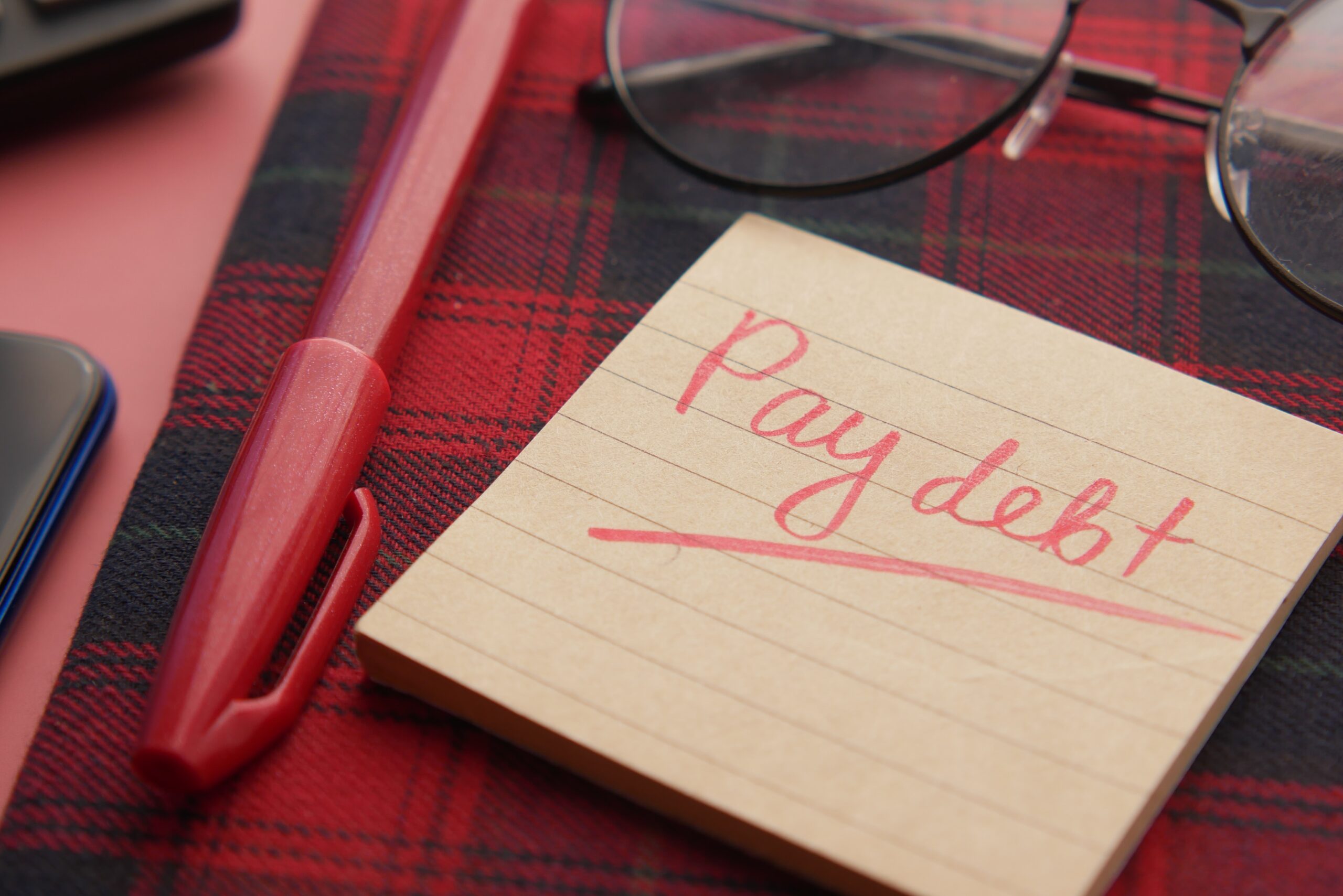Budgeting
Many people think that there is just one right way to budget. That is a myth. Just because one method works for someone doesn’t mean it is the only right way. Some people use the envelope method. When they get paid, they allocate their money into a different envelope for each budget category such as rent, food, utilities, and transportation. Others use a variation of this method, but instead of using cash in envelopes, they create different accounts for key categories such as tithing, auto, mortgage, and household. They allocate each paycheck into the accounts. Others use a spreadsheet or computer program or app to allocate income into different categories. What all these methods have in common are some basic principles. The basic principles of budgeting are to 1) track and know where your money goes so you can 2) anticipate and budget for every expense, 3) save for emergencies and goals, 4) give every dollar a job, 5) track expenditures to ensure you stay within your budget, and 6) avoid going into debt for anything other than a home mortgage.
Your first step toward an effective budget is to know where your money goes. Get a notebook, spreadsheet, or find an app and record every expenditure for a month. Classify those expenditures into categories. Also try to separate those into inflexible categories that don’t change month to month (like your mortgage or rent) and must be paid, and flexible categories (like groceries or dining out) that can increase or decrease as needed. Budgeting apps often have pre-identified typical categories but feel free to create ones specific to you.
Think about past years and add any categories that may come up less frequently. Be thorough and don’t forget categories like home insurance and subscriptions that may only come up once or twice a year. Also include long term goals such as retirement, saving for a house, or vacation. By anticipating any and all upcoming expenses you avoid being surprised.
Surprise or unexpected expenses are the downfall of many budgets and lead to people taking on credit card debt. Even the best budget may not anticipate losing your job and income. That is why it is important to add a budget category for emergencies and build up that balance over time. A common rule of thumb is to build up an emergency fund sufficient to cover your basic living expenses for 3 to 6 months. Deposit your emergency funds into a separate high interest-earning savings account so that it will grow and be liquid but not too easily available.
Once you have identified the categories of your budget, give every dollar of your income a job in those categories. Start with the fixed expenses first, then move on to flexible expenses. Tithing, emergency fund, and retirement may not be in the list of fixed expenses but should still be a high priority. Your goal is to have your allocations equal your income .If they don’t, either find ways to reduce your expenses or increase your income.
After you make a budget and give every dollar a job, you have to track your expenditures through your budget period to make sure you don’t spend more than you earned. It doesn’t mean you have to be rigid. If you spend more in one category, cover it with money from a different flexible category. Just make sure it balances out. It’s better to do this throughout the month rather than just at the end of the month because awareness of the balances in your various categories is the key to sticking to your budget.
Credit cards or debit cards have largely replaced cash in our society today. They are just tools and are not inherently good or bad. Generally, credit cards have safeguards and advantages that debit cards do not have. The key to responsible credit card use is to pay off the balance every month and never carry over a balance. By doing this, you won’t have to pay interest and in fact may earn cash back with many cards. Prophets have counseled to also avoid using credit for anything other than buying a modest home. Taking out loans for education, cars, home furnishings, vacations, or anything else comes with the additional cost of interest. The lender becomes your taskmaster and you the slave. Instead, set goals and save money so you can pay cash for your needs.
There are various tools that can help you budget from a simple spreadsheet to apps or software such as Quicken, Mint, You Need A Budget, and Monarch to name a few. Some are free, some are not but may have a free trial period. Please research them and find one that works for you.


